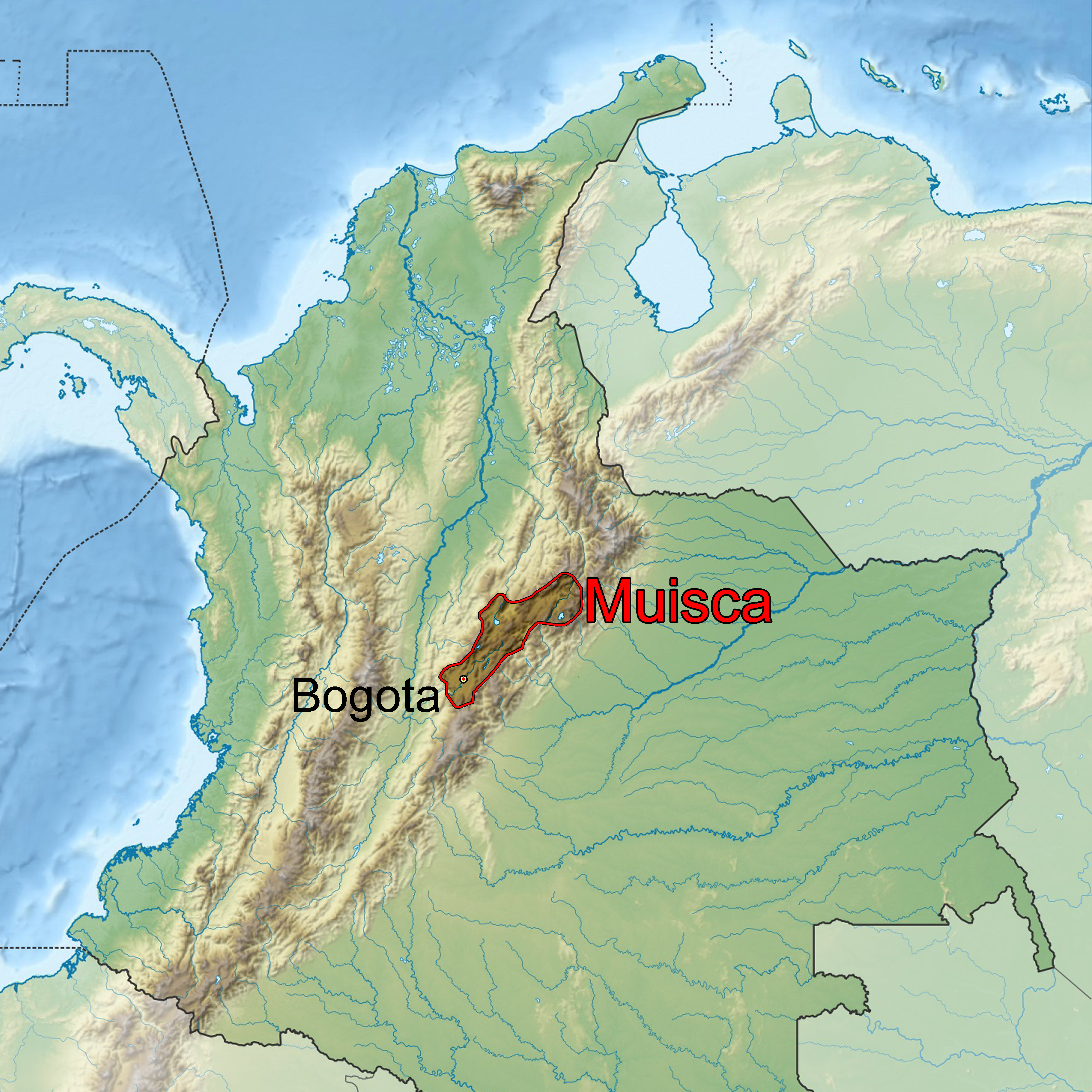|
MÃĄrquez Province
The MÃĄrquez Province is a province of BoyacÃĄ Department, Colombia. The province is formed by 10 municipalities. Municipalities BoyacÃĄ âĒ CiÃĐnaga âĒ Jenesano âĒ Nuevo ColÃģn âĒ Ramiriquà âĒ RondÃģn âĒ TibanÃĄ âĒ TurmequÃĐ âĒ Ãmbita Ãmbita is a town and municipality in the MÃĄrquez Province, part of the Colombian department of BoyacÃĄ. Ãmbita is situated on the Altiplano Cundiboyacense at a distance of from department capital Tunja and borders Nuevo ColÃģn and Tibanà ... âĒ ViracachÃĄ References External links Boyaca Info; Provinces of Boyaca Provinces of BoyacÃĄ Department {{BoyacÃĄ-geo-stub ... [...More Info...] [...Related Items...] OR: [Wikipedia] [Google] [Baidu] |
JosÃĐ Ignacio De MÃĄrquez
JosÃĐ Ignacio de MÃĄrquez Barreto (7 September 1793 – 21 March 1880) was a Colombian statesman, lawyer and professor, who first served as Vice President of the Republic of the New Granada after being sworn in by congress in 1832, and under the presidency of Francisco de Paula Santander, and subsequently was elected President of the Republic of the New Granada for the presidential term of 1837 to 1841.Arismendi Posada, Ignacio; ''Gobernantes Colombianos''; trans. Colombian Presidents; Interprint Editors Ltd., Italgraf, Segunda EdiciÃģn; Page 37; BogotÃĄ, Colombia; 1983 Biographic data MÃĄrquez was born in RamiriquÃ, BoyacÃĄ and died in BogotÃĄ, Cundinamarca at the age of 86.Arismendi Posada, Ignacio; ''Gobernantes Colombianos''; trans. Colombian Presidents; Interprint Editors Ltd., Italgraf, Segunda EdiciÃģn; Page 40; BogotÃĄ, Colombia; 1983 Early life MÃĄrquez studied in the Colegio Mayor de San BartolomÃĐ in BogotÃĄ, where he studied jurisprudence and obtained ... [...More Info...] [...Related Items...] OR: [Wikipedia] [Google] [Baidu] |
Muisca People
The Muisca (also called the Chibcha) are indigenous peoples in Colombia and were a Pre-Columbian culture of the Altiplano Cundiboyacense that formed the Muisca Confederation before the Spanish colonization of the Americas. The Muisca speak Muysccubun, a language of the Chibchan language family, also called ''Muysca'' and ''Mosca''. The first known contact with Europeans in the region was in 1537 during the Spanish conquest of New Granada. In New Spain, Spanish clerics and civil officials had a major impact on the Muisca, attempting to Christianize and incorporate them into the Spanish Empire as subjects. Postconquest Muisca culture underwent significant changes due to the establishment of the New Kingdom of Granada. Sources for the Muisca are far less abundant than for the Aztec Empire of Mesoamerica or the Inca Empire and their incorporation to the Spanish Empire during the colonial era. In the New Kingdom of Granada and into the colonial era, the Muisca became " ... [...More Info...] [...Related Items...] OR: [Wikipedia] [Google] [Baidu] |
Ãmbita
Ãmbita is a town and municipality in the MÃĄrquez Province, part of the Colombian department of BoyacÃĄ. Ãmbita is situated on the Altiplano Cundiboyacense at a distance of from department capital Tunja and borders Nuevo ColÃģn and TibanÃĄ in the north, Chinavita in the east, La Capilla and TibiritÃĄ ( Cundinamarca) in the south and in the west VillapinzÃģn (Cundinamarca) and TurmequÃĐ. The altitude within the municipality ranges from to . Etymology The name Ãmbita is Chibcha and means "Your point, your summit, summit of the farmlands".Etymology Ãmbita - Excelsio.net History Ãmbita in the centuries before the arrival of the Spanish es ...[...More Info...] [...Related Items...] OR: [Wikipedia] [Google] [Baidu] |
TibanÃĄ
TibanÃĄ is a town and municipality in the Colombian Department of BoyacÃĄ, part of the subregion of MÃĄrquez Province. The urban centre of TibanÃĄ is situated on the Altiplano Cundiboyacense at an altitude of and a distance of from the department capital Tunja. It borders Jenesano in the north, Ramiriquà and Chinavita in the east, Chinavita and Ãmbita in the south and in the west TurmequÃĐ and Nuevo ColÃģn. Etymology TibanÃĄ is named after the ''Tibanaes'', a Chibcha-speaking tribe of the Muisca. ''Tiba'' means "chief".Etymology TibanÃĄ - Excelsio.net History The area around TibanÃĄ was part of the and loyal to th ...[...More Info...] [...Related Items...] OR: [Wikipedia] [Google] [Baidu] |
RondÃģn, BoyacÃĄ
RondÃģn is a town and municipalities of Colombia, municipality in the MÃĄrquez Province, part of BoyacÃĄ Department, Colombia. The urban centre of RondÃģn is situated at an altitude of on the Altiplano Cundiboyacense in the Colombian Cordillera Oriental (Colombia), Eastern Ranges of the Andes. It is away from the departmental capital Tunja. RondÃģn borders ViracachÃĄ and Siachoque in the north, ZetaquirÃĄ and Ramiriquà in the south, Pesca in the east and Ramiriquà and CiÃĐnega, BoyacÃĄ, CiÃĐnega in the west. Etymology RondÃģn was previously known as San Rafael, and earlier, the area of RondÃģn was referred to as La Galera, a forested terrain. It received the name RondÃģn honouring the independence hero of the Battle of Vargas Swamp Juan JosÃĐ RondÃģn. History The terrain of RondÃģn was completely forested until the mid 19th century, when the lands passed through various families of land owners. The newly founded settlement was populated by people coming from RamiriquÃ, C ... [...More Info...] [...Related Items...] OR: [Wikipedia] [Google] [Baidu] |
